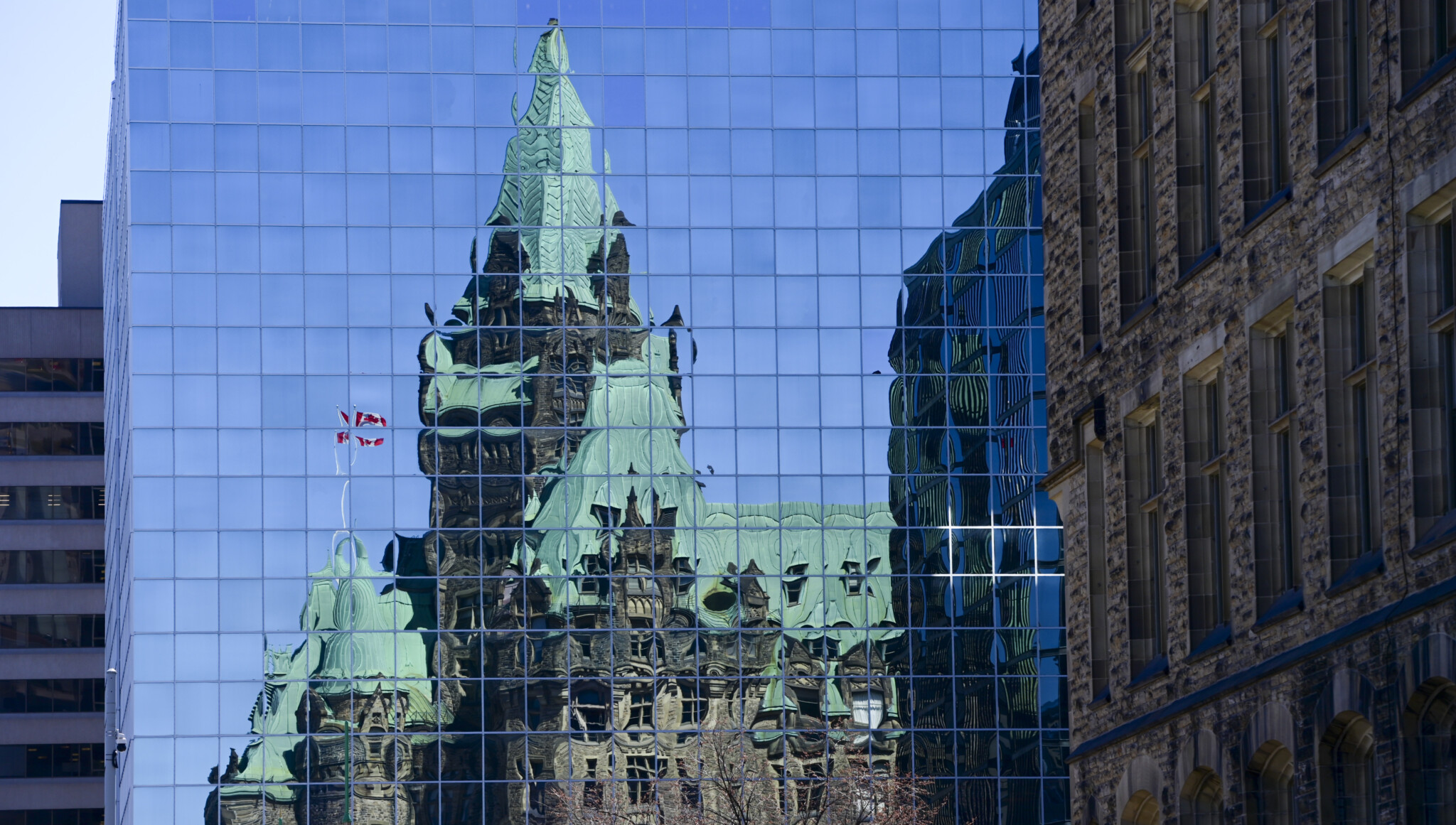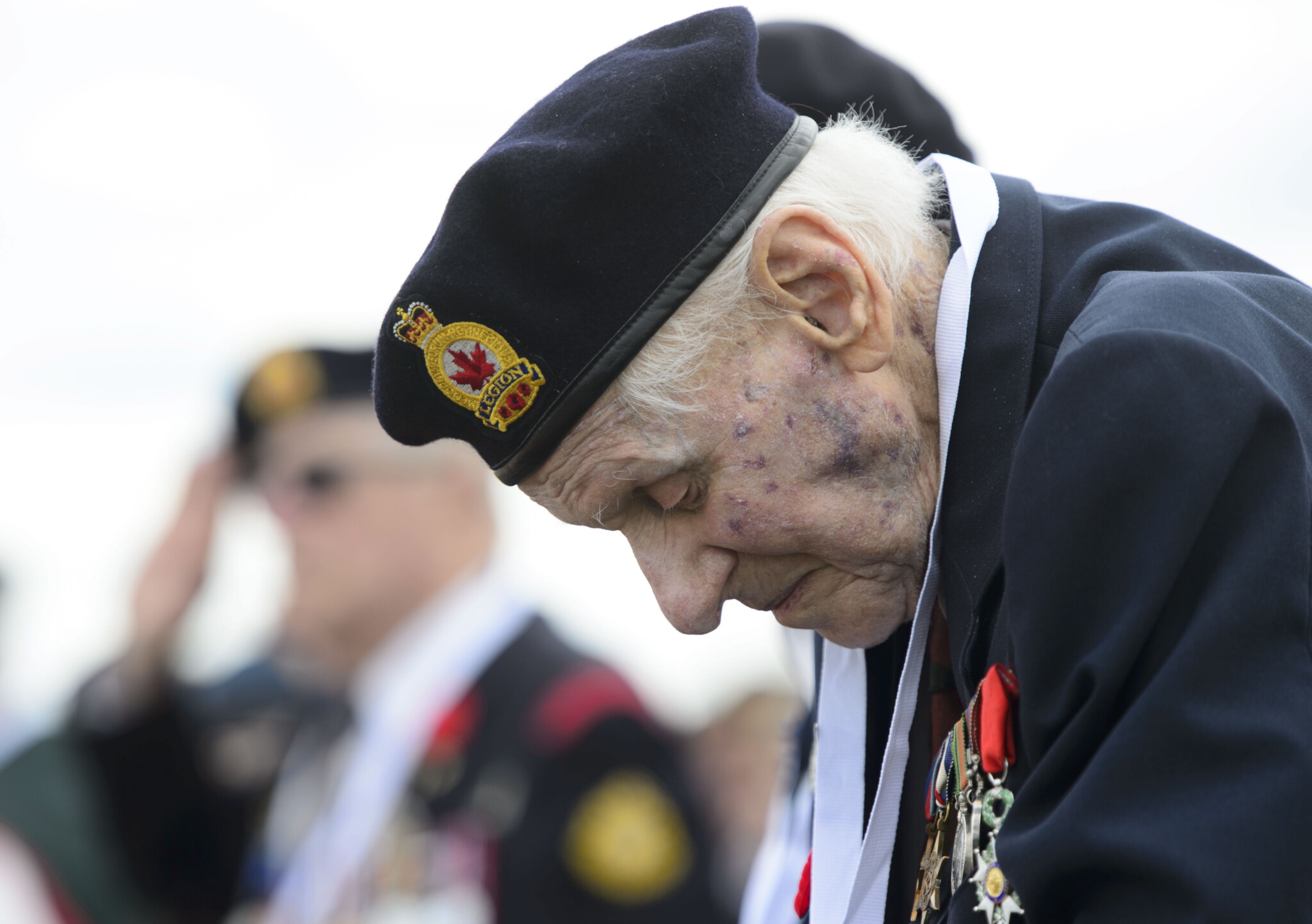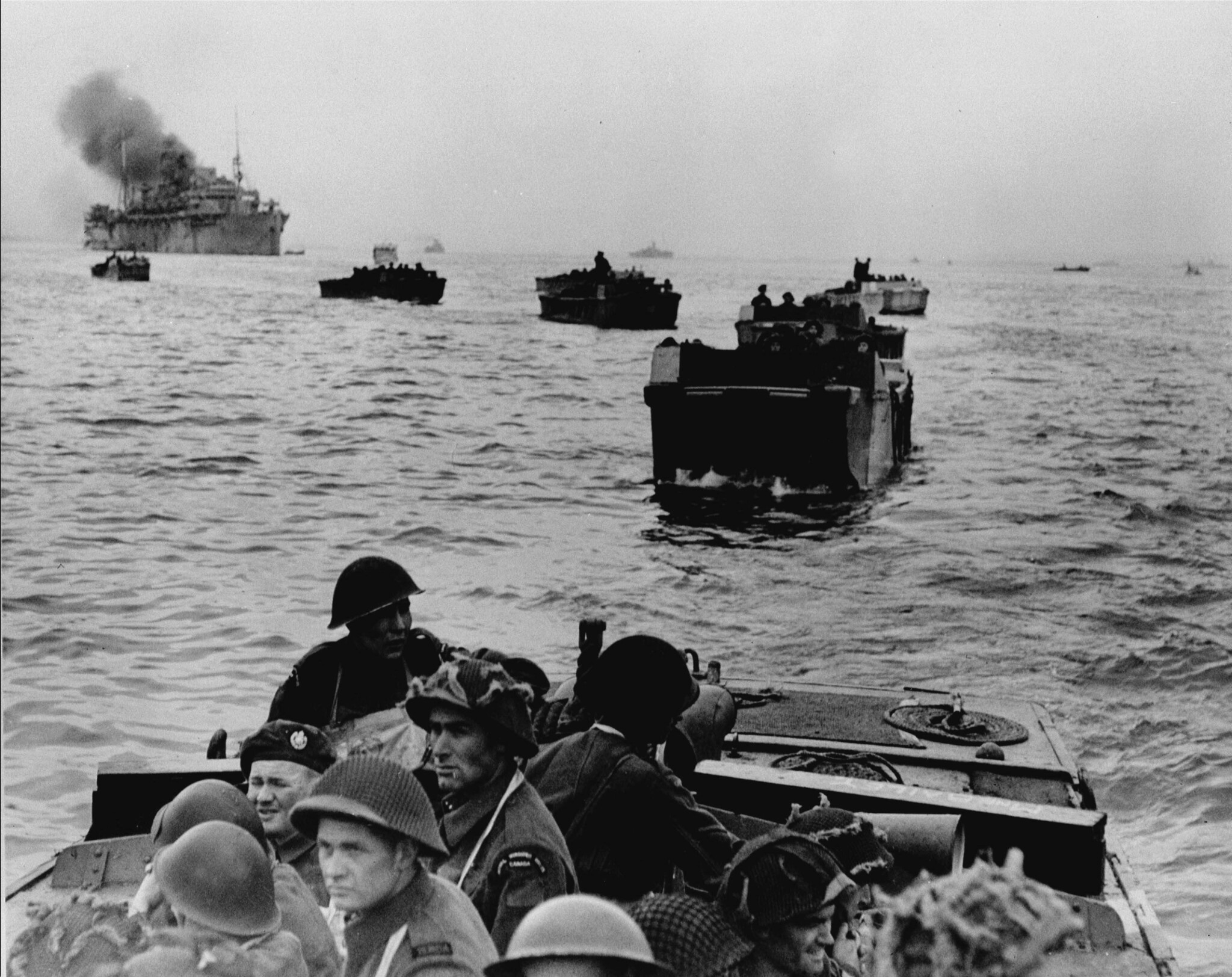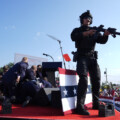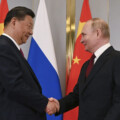This week’s Auditor General’s report on McKinsey & Company is just the latest example of the federal government’s substantial and growing spending on private consultants to deliver public services.
Auditor General Karen Hogan called out the government for spending $200 million on professional services from the multinational consulting firm, between 2011 and 2023.
“We found frequent disregard for procurement policies and guidance and that contracting practices often did not demonstrate value for money,” noted her report.
In 2022, federal spending on all contracts outsourced to the private sector (categorised as “professional and special services” by the Public Accounts of Canada) saw its greatest annual increase since 2006: a 23.6 percent rise from $11.8 billion to $14.6 billion in 2022. In 2023, professional and special services spending again rose to a record-breaking $15.6 billion.
This is despite the federal public sector growing to 274,219 employees in 2023, a 40 percent increase since 2015.
The federal government’s reliance on private firms ranges from businesses big and small. Earlier this year, revelations of the whopping $59.5 million price tag for the development of the ArriveCan customs app raised similar questions around public spending. It was later uncovered that developers at a small firm called Coredal, which later amalgamated into the IT staffing firm GC Strategies, received 118 contracts worth over $107 million since 2011.
In 2023, “professional and special services” spending was nearly double (93 percent) what the Trudeau government spent during its first year in office in 2015. During the 2015 election, the Liberals actually campaigned on cutting spending on consultants and professional services. Nevertheless, by 2016 after their first year in government, spending on professional and special services grew by $262.8 million.
Over the past two governments, the highest spending on consulting services as a share of federal revenue was 3.7 percent, in 2010 and 2021 respectively.
Nearly a decade after their election, insiders told The Hub that the Trudeau government’s $15.6 billion spending on professional and special services proves there is a reliance on the private sector that could become entrenched.
“A busier government needs more work done than a less active government. That actually is the variable that you’ll find underneath the (private contracting) data,” said Michael Wernick, the former clerk of the Privy Council and secretary to cabinet (2016-2019), explaining the reasons behind this growth. Today, the former head of the federal public service is chair of public sector management at the University of Ottawa and a senior advisor to MNP Digital (which the public sector contracts for consultation).
One of the reasons the government often chooses private short-term contractors over their own staff is the difficulty of moving bureaucrats between departments and the costs that come with their long-term employment, including pensions and benefits.
However, alongside this rapid growth in private sector contractors, the government has also been rapidly hiring public servants. In April, public sector employment was up 208,000 from the year previous, outpacing the private sector. Since 2014, the federal public sector grew 40.4 percent according to the Fraser Institute. Since 2015, their compensation has increased nearly 37 percent, adjusted for inflation.
Wernick also points to the launch and expansion of government programs like dental care, the firearms buyback program, and climate rebates as reasons for the substantial growth in private spending. He adds that much of the technical innovation expertise the public service requires can only be found in the private sector.
Quickly responding to COVID-19 also meant relying on the private sector, he said. During the early days of the pandemic, the government scrambled and improvised to provide Canadians with remote services. Passport and immigration backlogs created pain points.
Wernick said the government responded by “throwing people and money at making the pain go away.”
This eventually required tapping IT consulting firms to help develop systems, networks, and servers. The resulting substantial migration of data from in-house physical servers to cloud-based servers was also billed as “services” under the same umbrella as contractors.
Likewise, with 88 percent of Canadians now accessing government services online, there is an expectation for customization and service quality from the government on par with banks or telecom providers, said Wernick.
In 2021, 72 Canadian departments and agencies saw 265 million requests for 1,375 different services, only 23 percent of which were available end-to-end online, according to a report from Toronto Metropolitan University. In order to increase that percentage, “the expertise on where that wave has moved through—to websites to apps to adding AI and chatbots—resides outside of government,” said Wernick.
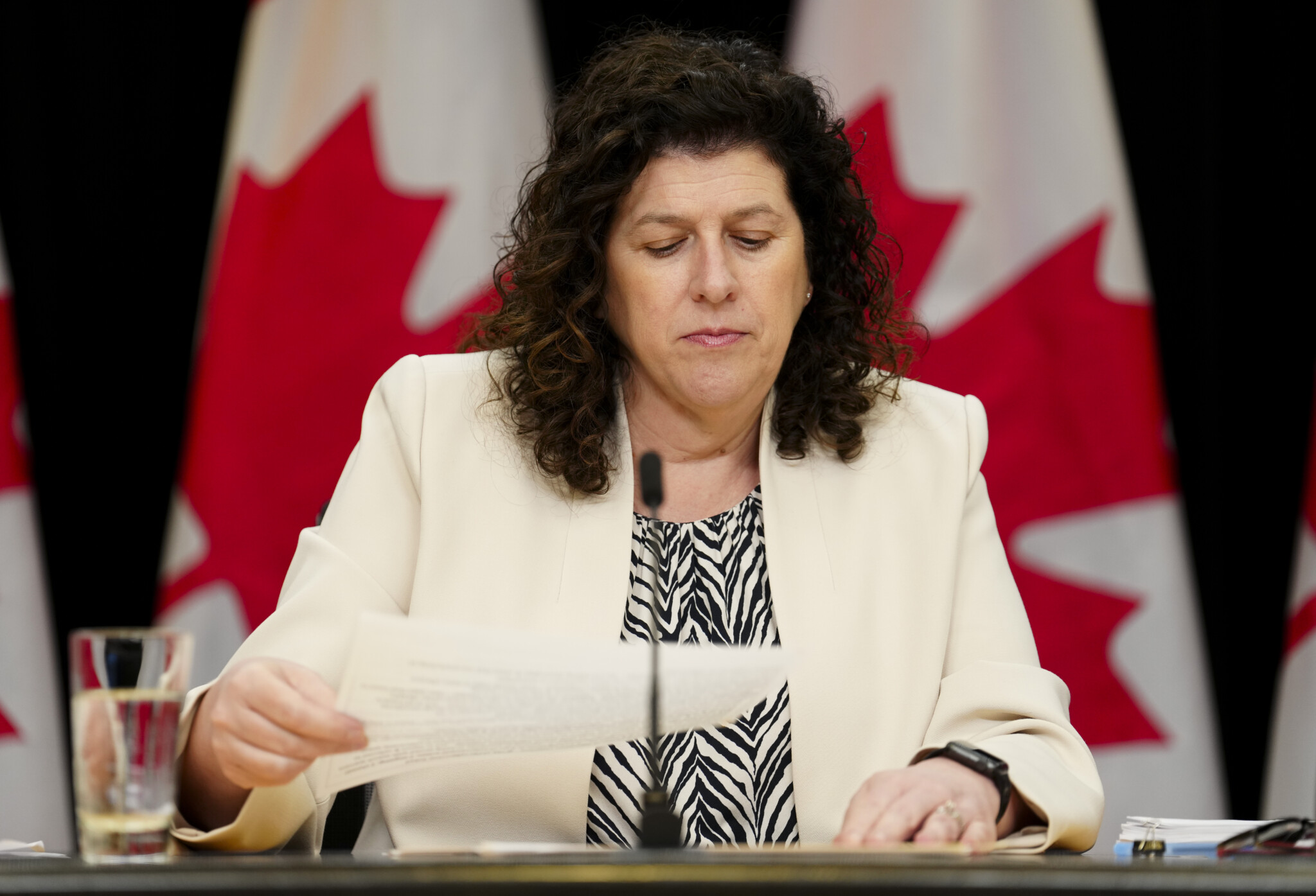
Auditor General Karen Hogan holds a press conference at the National Press Theatre in Ottawa on Tuesday, June 4, 2024. Sean Kilpatrick/The Canadian Press.
Others disagree with the approach the government has taken.
“There is a capacity gap that must be fed by consultants, which essentially means the building of a shadow bureaucracy,” said Robert Shepherd, a professor of Canadian public management and federal program evaluation at Carleton University.
“Many IT specialists actually leave the public service to take on higher paying jobs in the private sector. So, there is a constant churn of people entering the public service to fill positions of those who have left, and very few competencies remain.”
In terms of addressing outsized outsourcing, the 2024 federal budget proposed reducing spending on consulting, professional services, and travel by $500 million, or three percent of 2023’s multi-billion dollar professional and special services budget. A February report from the PBO detailed the reductions for each government department.
The greatest cuts, both as a percent of last year’s expenditures and dollar amounts alone, are expected with the Department of Public Works and Government Services and the Department of Foreign Affairs, Trade and Development. Most organisations will reduce their consultation, professional services and travel spending by less than one percent of 2023’s operating budget expenditures, while the majority of larger cuts are planned to occur in smaller organisations.
“A major rethink is needed of public service policies, processes and systems. Only then will we have a solid picture of where the public service needs to focus its energies and retool for the future”, said Shephard. “Michael (Wernick) is aware of many of these arguments, but it is certainly not as simple as higher workloads to explain the increase in professional services spending.”
Recommended for You

Ginny Roth: J.D. Vance, Pierre Poilievre, and how they slice their economic pie

Trevor Tombe: Canadians are paying billions in hidden taxes on new homes

Stephen Staley: Widespread deregulation is Canada’s golden ticket for economic growth

Stephen Staley: Canada’s economy is trapped in a tangled web of over-regulation. Growth and prosperity demands we cut ourselves free

